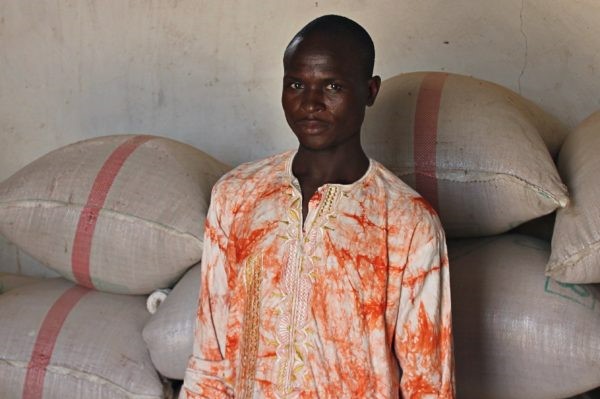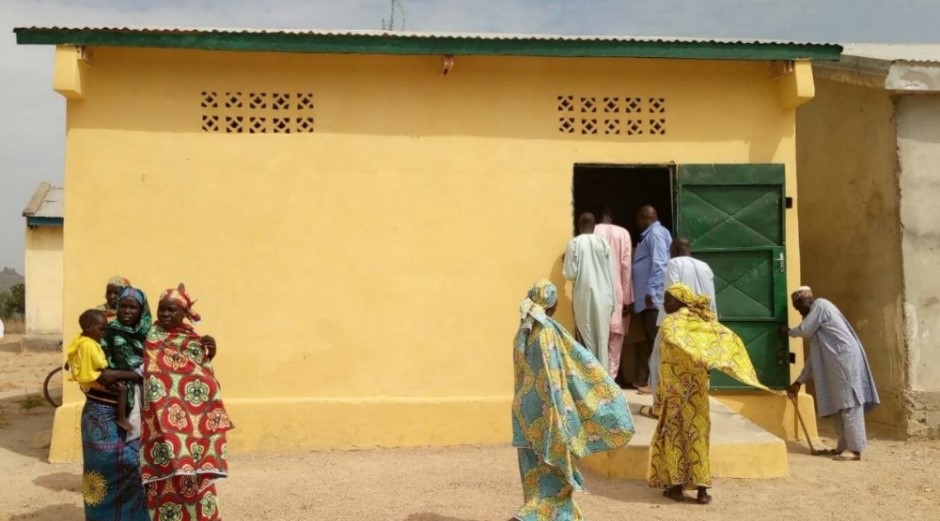 Cameroon Far North
Cameroon Far North
$104,971 needed of $130,000

Implementing Organization
Presbyterian Church (USA)
Program Summary
This program is working in the Far North of Cameroon, the poorest and most populated region of the country. For several decades, hunger and poverty, exacerbated by drought and increased insecurity have been major challenges in the area and have contributed to a massive rural exodus.
In order to reduce hunger and improve food security in the region, the program is promoting sustainable methods for increased food production. Cereal banks are also being started in some villages while existing cereal bank management is being improved in other villages. Local partner RELUFA has over 15 years of experience using cereal banks as a strategy to reduce food insecurity.
Waza's Story - Cameroon Far North
Success Stories

A Woman’s Work IS Sometimes Done!
What a difference a millet-grinding machine has made to the families, particularly the women and children, of one of the villages participating in the Cameroon Far North Program!
Grinding grain is a task that eternally falls to women and girls. It is labor-intensive and consumes many hours in the day, especially if they must include walking considerable distances each day to get it done.
But the women of O. D. Village had an additional obstacle: the river. They used to pay to use a grinding mill run by a community across the river. During the rainy season it was often impossible for them to make the crossing. Or, if they made it across, they might not be able to get back home. And that would mean spending the night and leaving their children to go to sleep hungry.
So, the local partner, Réseau de la Lutte contre la Faim (RELUFA) provided a milling machine for the use of the village. RELUFA gave a training session to explain the use and maintenance of the mill. Then the villagers appointed a mill management committee, and these people received additional instruction on record-keeping, effective management practices and ways to maximize revenue.
This improvement is good news for thousands of people who will benefit: not only the families of the 38 people who own the machine, but the neighbors who pay a small fee to use it too. The mill has already turned a profit with which the committee plans to buy 10 bags of millet to store for the benefit of the community. They will keep some of the money in reserve in case repairs are needed.
Women no longer have to return early from working in the field in order to grind their millet, one of the country’s staple cereal grains. They use the extra time to complete other chores, take care of the children or even rest! Now there’s an idea whose time had come!
Cameroon Far North Program
Led by Presbyterian Church U.S.A. and Local Partner Réseau de la Lutte contre la Faim (RELUFA)
